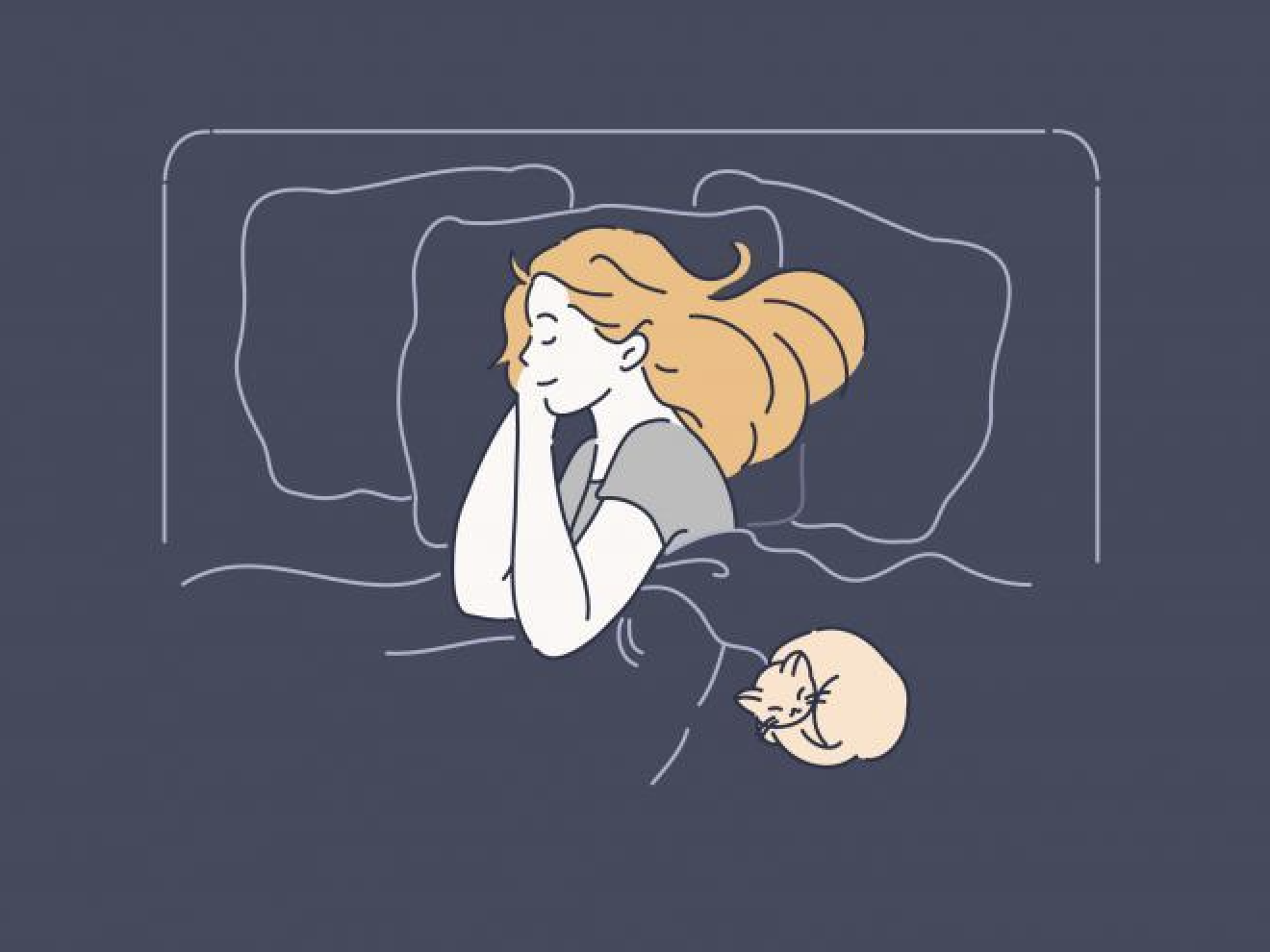ADHD, Autism, and Sleep: Practical Tips for Better Rest
Nothing can be more frustrating for many people than feeling exhausted during a busy day. Individuals with ADHD and Autism are particularly prone to life long difficulties with sleeping due to neurological differences, co-morbid medical conditions, and behavioral habits.
Sleep difficulties in particular may exacerbate symptoms of inattention and make it difficult for individuals to regulate their mood. Some common sleeping disorders typically seen in individuals with ADHD and Autism include insomnia, restless leg syndrome, and narcolepsy. Here are some practical tips for improving your sleep:
1) Use a weighted blanket.
Weighted blankets in particular can be beneficial for individuals who have ADHD or Autism who struggle with falling asleep when the lights are turned out, waking up during the night, and relaxing before bed. (Baric et al., 2021).
2) Engage in a movement practice during the day.
Whether it's taking a walk/run, riding your bike, doing yoga, playing a sport, or going to the gym, engaging in more activity during the day can help you fall asleep quicker and improve the quality of the sleep (Borbely et al., 2016).
3) Avoid alcohol, and cannabis close to bed time.
Although both alcohol and cannabis can have a sedative effect causing people to quickly fall asleep these substances should be avoided before bed time. Alcohol can worsen sleep disturbances later in the night and decrease REM sleep (Roehers & Roth, 2001). Cannabis usage can lead to long term difficulties with sleep when used over time (Baric et al., 2021).
4) Avoid heavy meals and caffeine close to bed time.
Eating a large dinner or drinking an energy drink before a late night workout can stimulate the central nervous system making the body feel more awake (Gardiner et al., 2023).
5) Do a non-stimulating activity before bed.
This is good to signal to your mind it's time to wind down from the hustle and bustle of the day. The proper activity for you to engage in before bed is different for everyone and may take some trial and error. A good place to start may be a practice that incorporates one of the seven senses such as using a special bedtime candle or relaxing lotion as a part of your nighttime routine. Some other activities I recommend include light reading, meditation, spiritual/gratitude practice, drawing/coloring, journaling, completing a jigsaw puzzle, crossword, knitting, stretching, completing skincare, playing with fidgets or clay, or taking a bath/shower.
6) Reduce the usage of screens two hours before bed.
This is probably one of the most difficult things for people to reduce as phones, televisions, and computers are such a big part of everyday life and a common way for people to relax before bed. If it feels unrealistic to cease screen usage before bed a good adjustment may be to purchase blue light blocking glasses, avoid using electronics while in bed, reduce screen usage at least a half hour before bed, or install apps that reduce the amount of blue light on the devices you are using.
7) Have some self compassion.
Ruminating on the sleep difficulties you are experiencing and blaming yourself can continue to exacerbate these issues. It’s important to remember sleep difficulties are associated with autism and ADHD and not always a result of improper sleep habits. Sleep needs vary from person to person and from day to day. Not every person needs exactly 8 hours of sleep. Sleep needs typically for adults range between 7-9 hours with some adults obtaining healthy sleep about an hour outside of these windows (Gardiner et al., 2023)
8) Consult your psychiatrist or primary care provider.
If you’ve tried all these tips and still feel fatigued it’s important to consult your psychiatrist or primary care provider. Discuss with your doctor your levels of fatigue, what you’ve already tried to implement, and how the difficulties with sleep are impacting you. Healthcare professionals are here to help you and if you have made many necessary adjustments to your routine and still feel exhausted it is necessary to rule out medical issues. Your doctor can make a thorough evaluation and discuss with you if it would be beneficial to conduct a sleep study, obtain a prescription for sleep medication, or receive a referral for cognitive behavioral therapy for insomnia. If you are interested in learning more about cognitive behavioral therapy for insomnia the app CBTi coach has more about this.
Disclaimer
The content on this website, including all blog posts, articles, and resources, is provided for educational and informational purposes only. It is not intended as a substitute for professional mental health care, diagnosis, or treatment.
